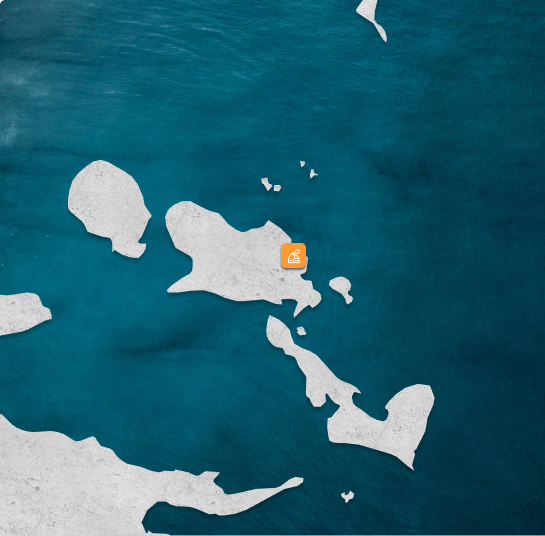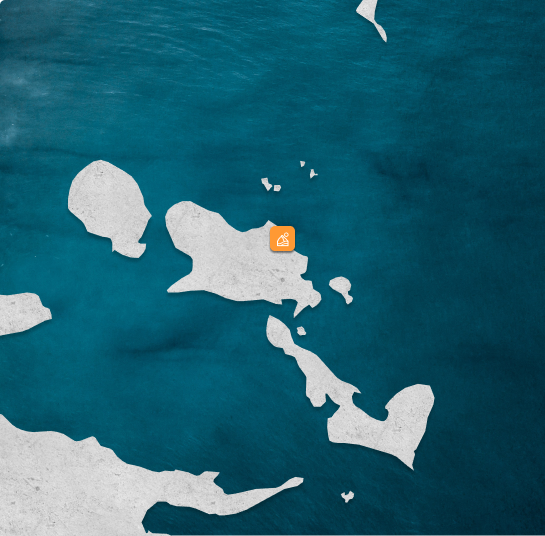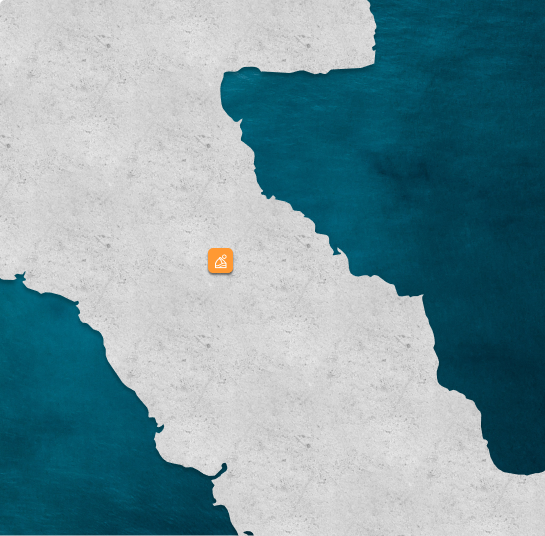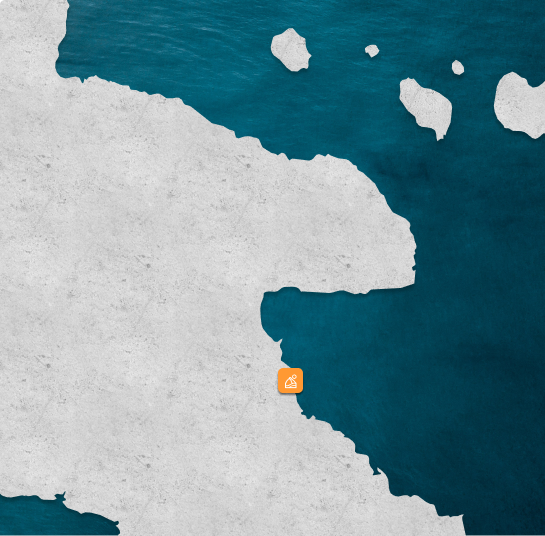Indonesia will improve monitoring of environmental standards for nickel mining, amid concerns over production of the metal which is increasingly used in electric vehicle batteries, the country’s President Joko Widodo told Reuters on Thursday.
The Southeast Asian country, which has the largest nickel reserves in the world, will step up scrutiny of mining and order companies to manage nurseries to reforest depleted mines, said the president, who is widely known as Jokowi.
Nickel mining and smelting has become a major part of Indonesia’s economy, with billions of dollars of global investment flowing in to the country after the government banned exports of unprocessed ore in 2020.
However, environmental groups have said Indonesia’s nickel production has polluted key production sites in Sulawesi and Maluku islands, even turning waters in some coastal areas red.
Miners have also been accused of land grabs, while workers in some mines have protested over weak safety standards.
“The most important thing is monitoring. The management control system must be strengthened. Routine evaluations must be conducted.” Jokowi said during an interview at the nickel mining town of Sorowako on Sulawesi island, adding he would ensure all miners follow international best practice.
The development of the electric vehicle (EV) sector in Indonesia is a personal mission for Jokowi, who has been trying to convince Tesla CEO Elon Musk to manufacture EVs or batteries in the sprawling Southeast Asian archipelago.
But indicating concerns over the impact of the industry, dozens of non-governmental organizations last year sent an open letter to Musk, urging him not to invest in Indonesia due to environmental, social and governance (ESG) concerns.
Jokowi said some miners had higher standards than others, praising a local unit of Brazilian miner Vale, which has mined nickel in Sorowako for decades without polluting a nearby lake.
TOXIC WASTE
Jokowi visited PT Vale Indonesia’s mine and smelter, which uses energy from three hydropower plants, to see first hand an investment deal with U.S. carmaker Ford Motor Co (F.N) and China’s Zhejiang Huayou Cobalt (603799.SS) to build a $4.5 billion high-pressure acid leaching (HPAL) plant.
“Sustainability is measured in two aspects: how long your reserves last, that’s important, and operations of the mines. ESG cannot be bargained for if we want to continue to go forward,” he said.
Jokowi said he would only approve new smelter permits if powered by renewable energy sources, which he said would raise the cost of new investment and be an entry barrier.
“We must control our output so that prices do not plunge because of our over production and over supply,” he said, noting an influx of investment to process ore into nickel pig iron.
He said existing facilities using coal power would also be given deadlines to change their energy sources into renewables.
More companies are now building HPAL plants, converting low-grade nickel ore into material used in EV batteries, but also producing toxic waste that must be treated and stored.
Vale Indonesia plans to break ground on a second HPAL plant with Huayou in South Sulawesi later this year.
Melky Nahar, of the Mining Advocacy Network (JATAM), said many companies did not comply with standards and questioned if there could be “political will” to enforce environmental rules.
But Jokowi said progress had been made, such as the government forbidding the dumping of tailings in the sea.
Source: Reuters.com, March 30th 2023




